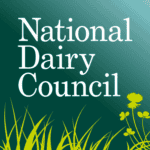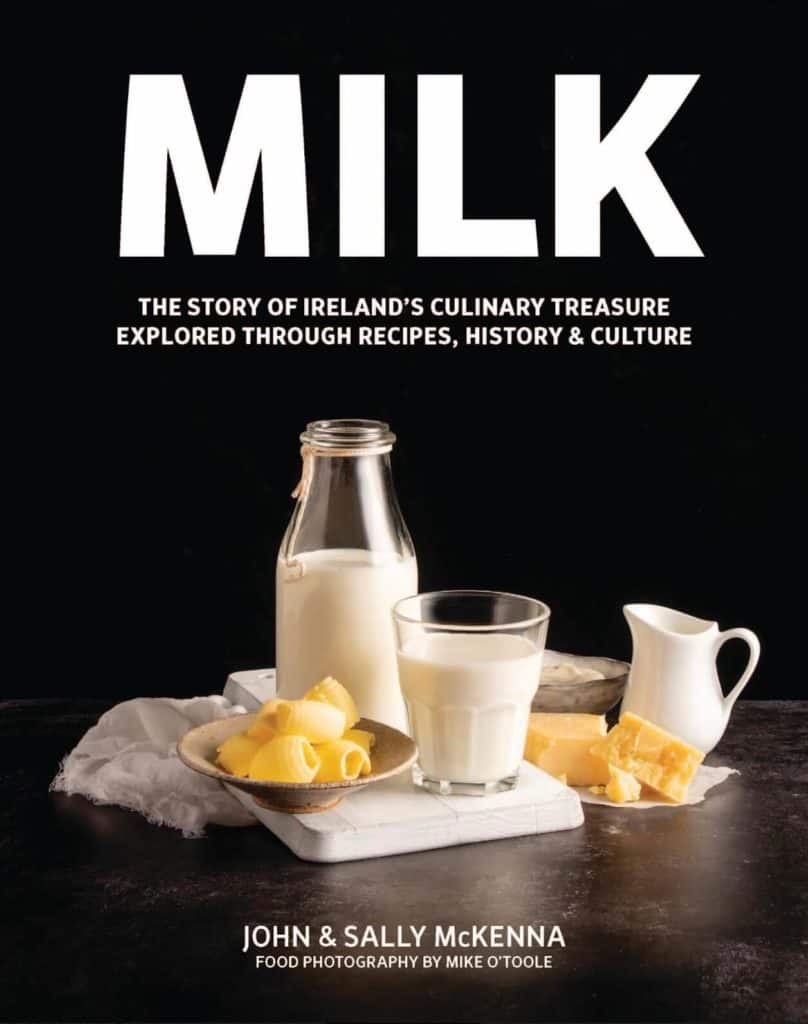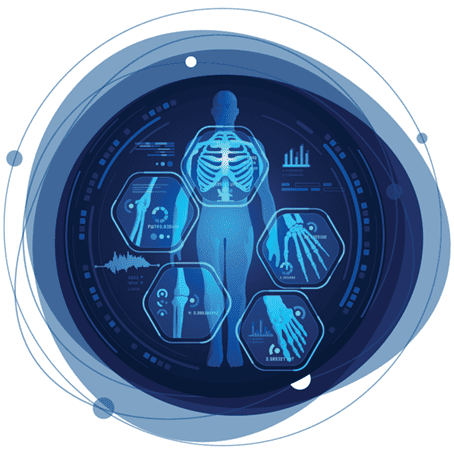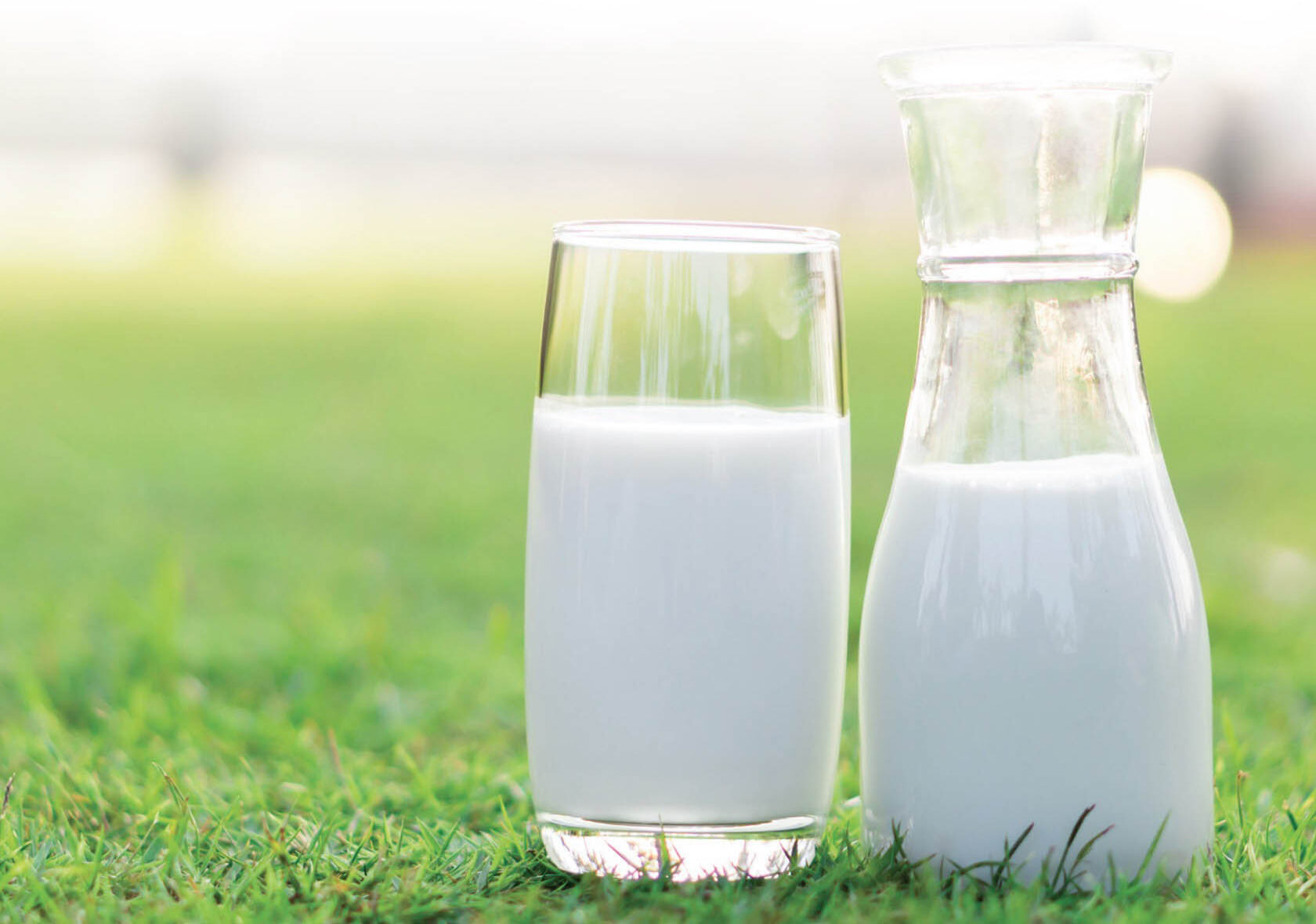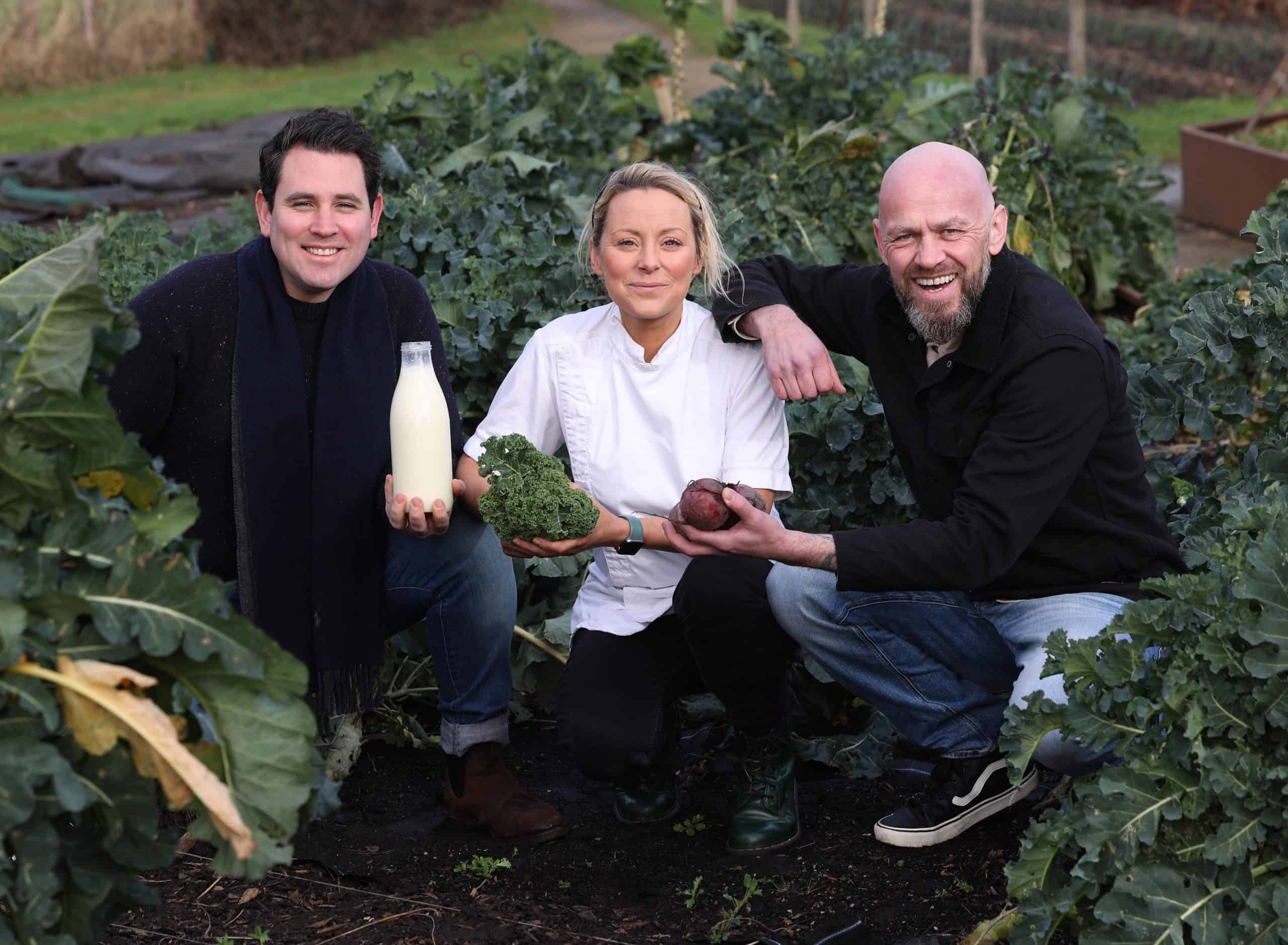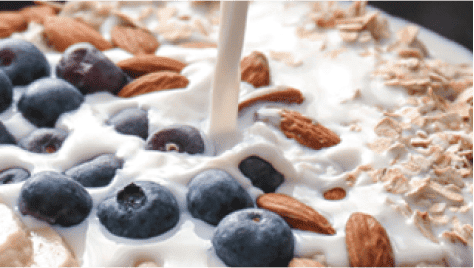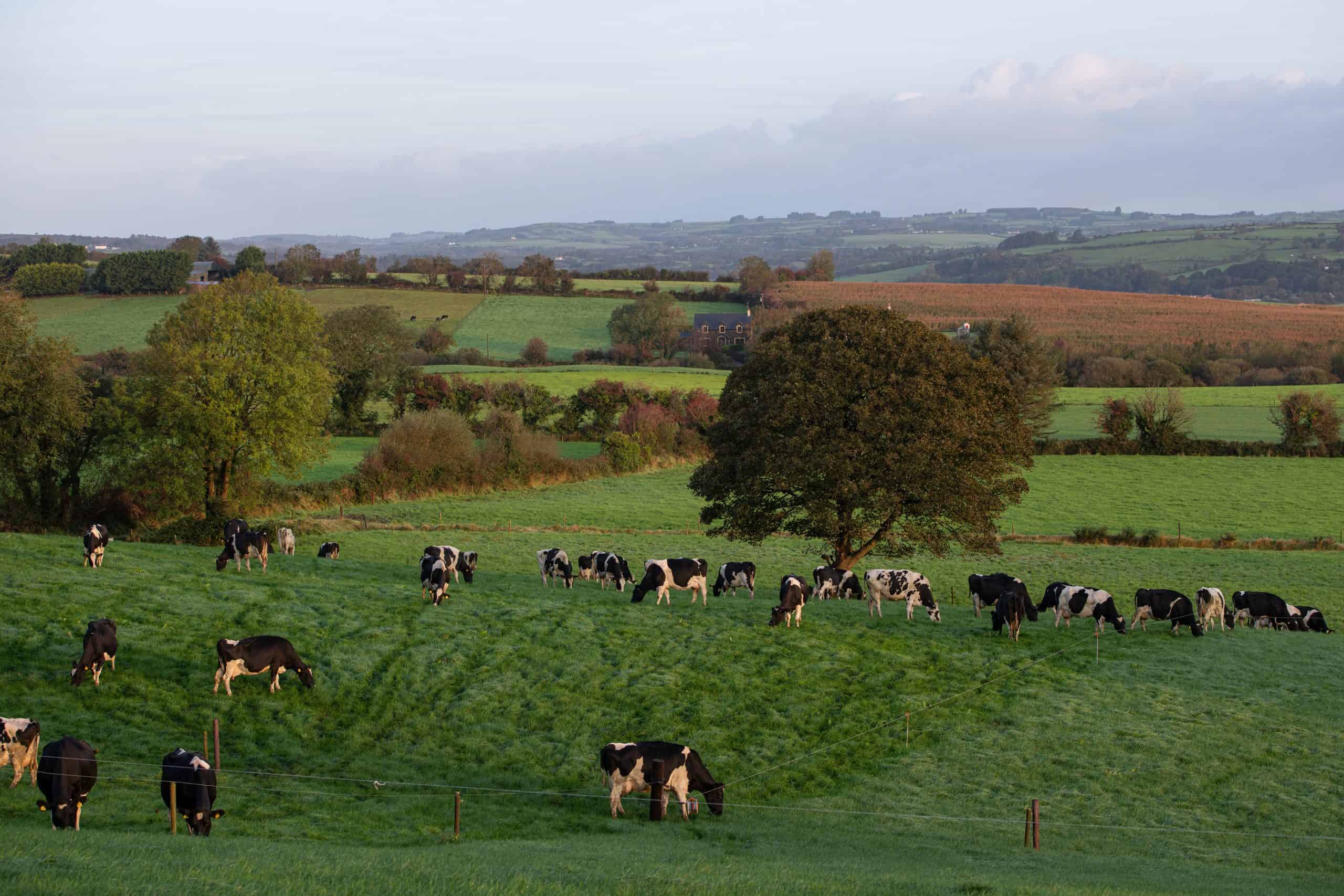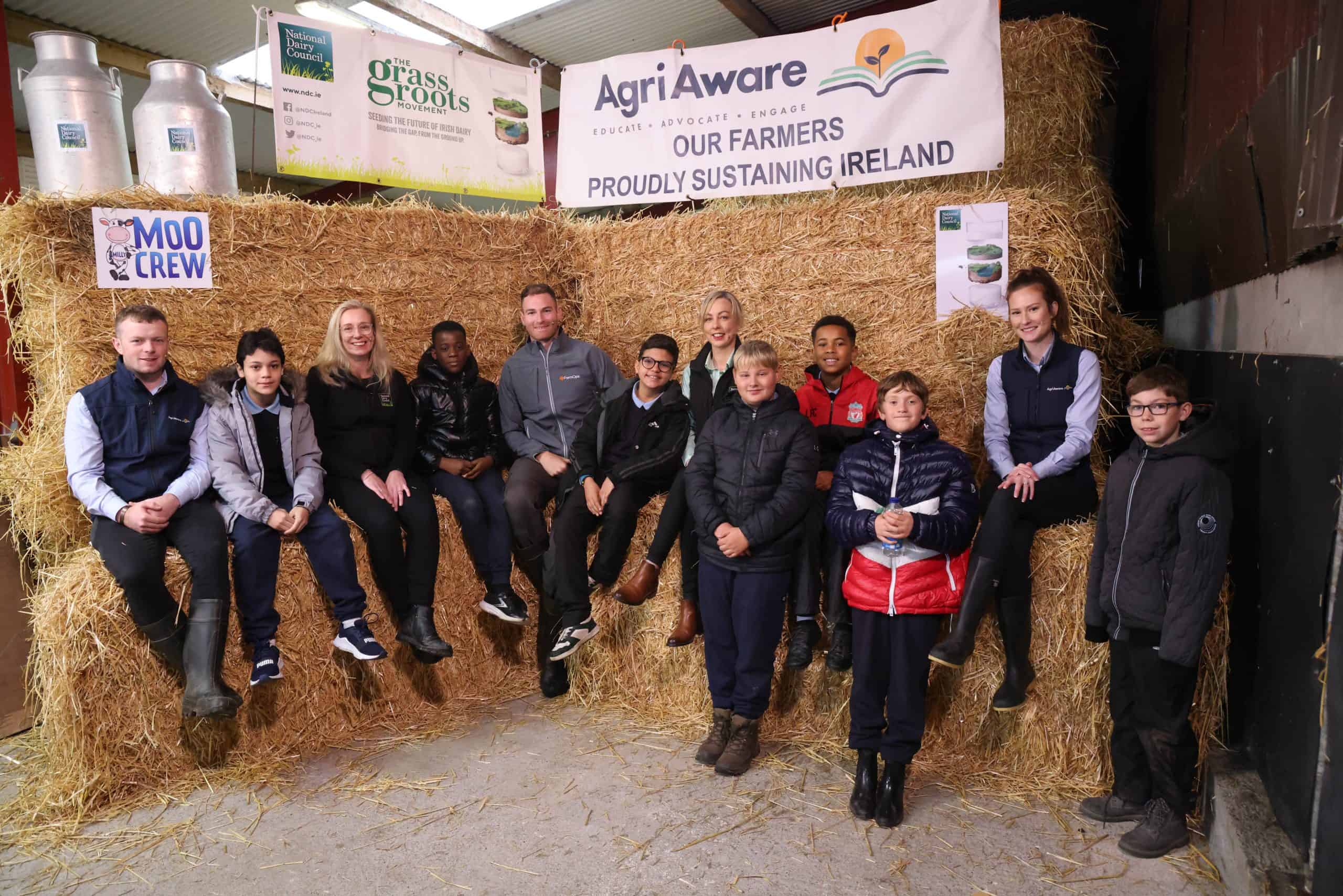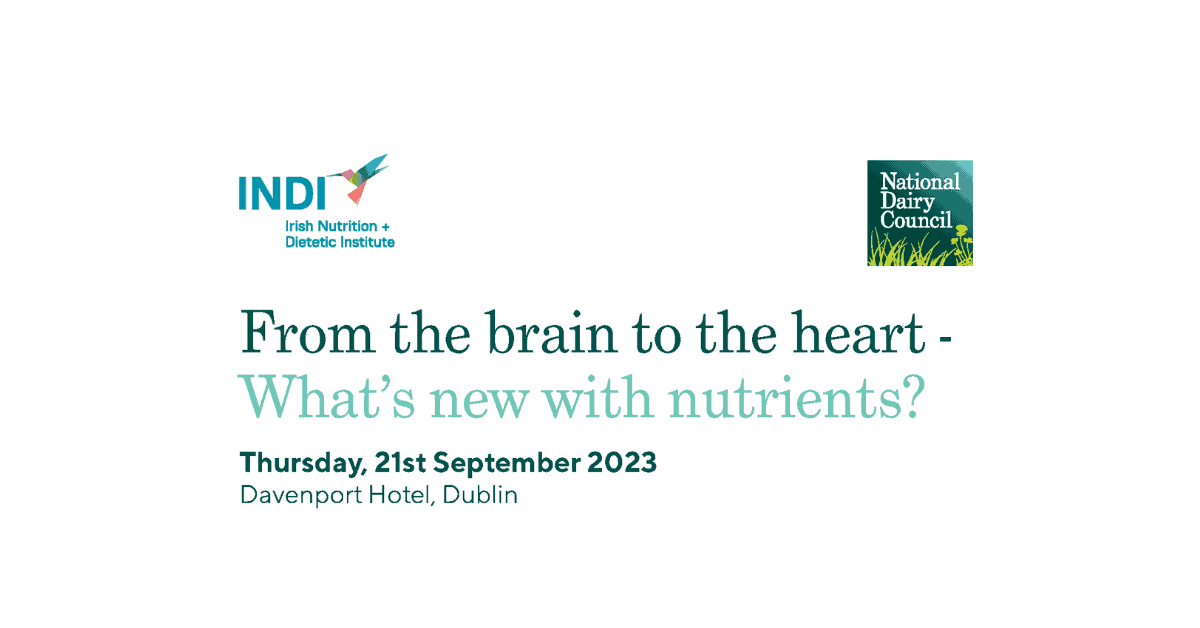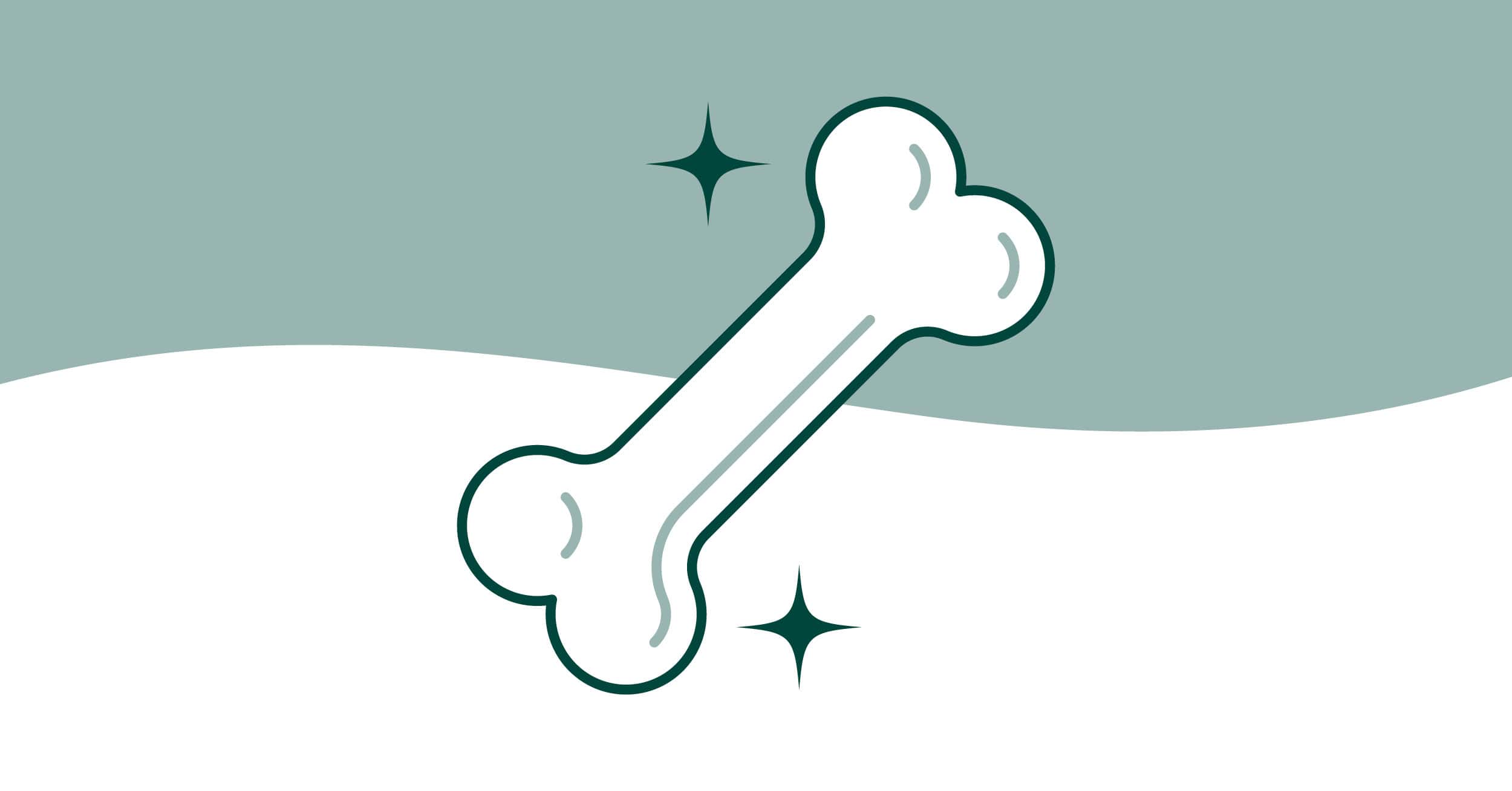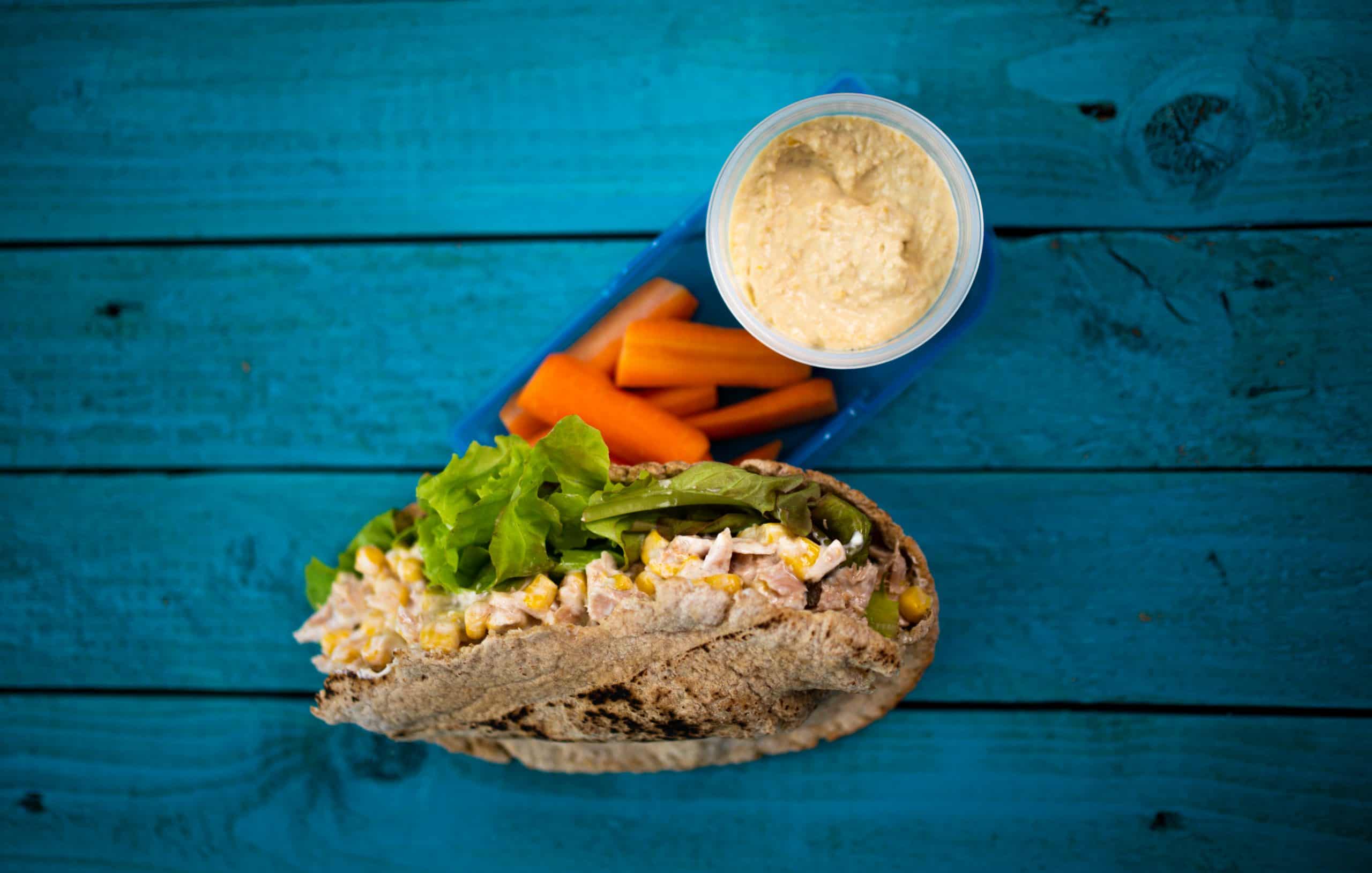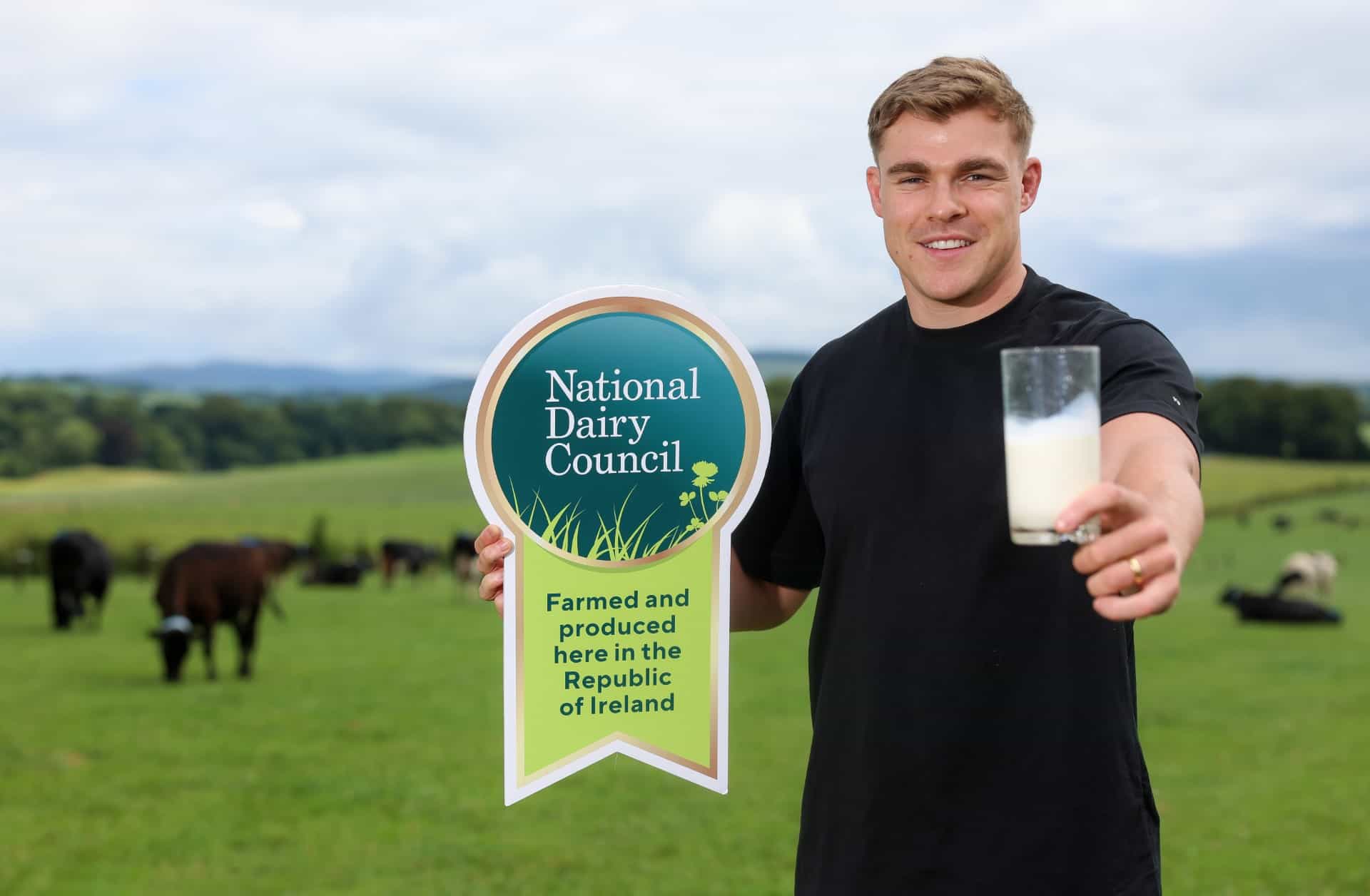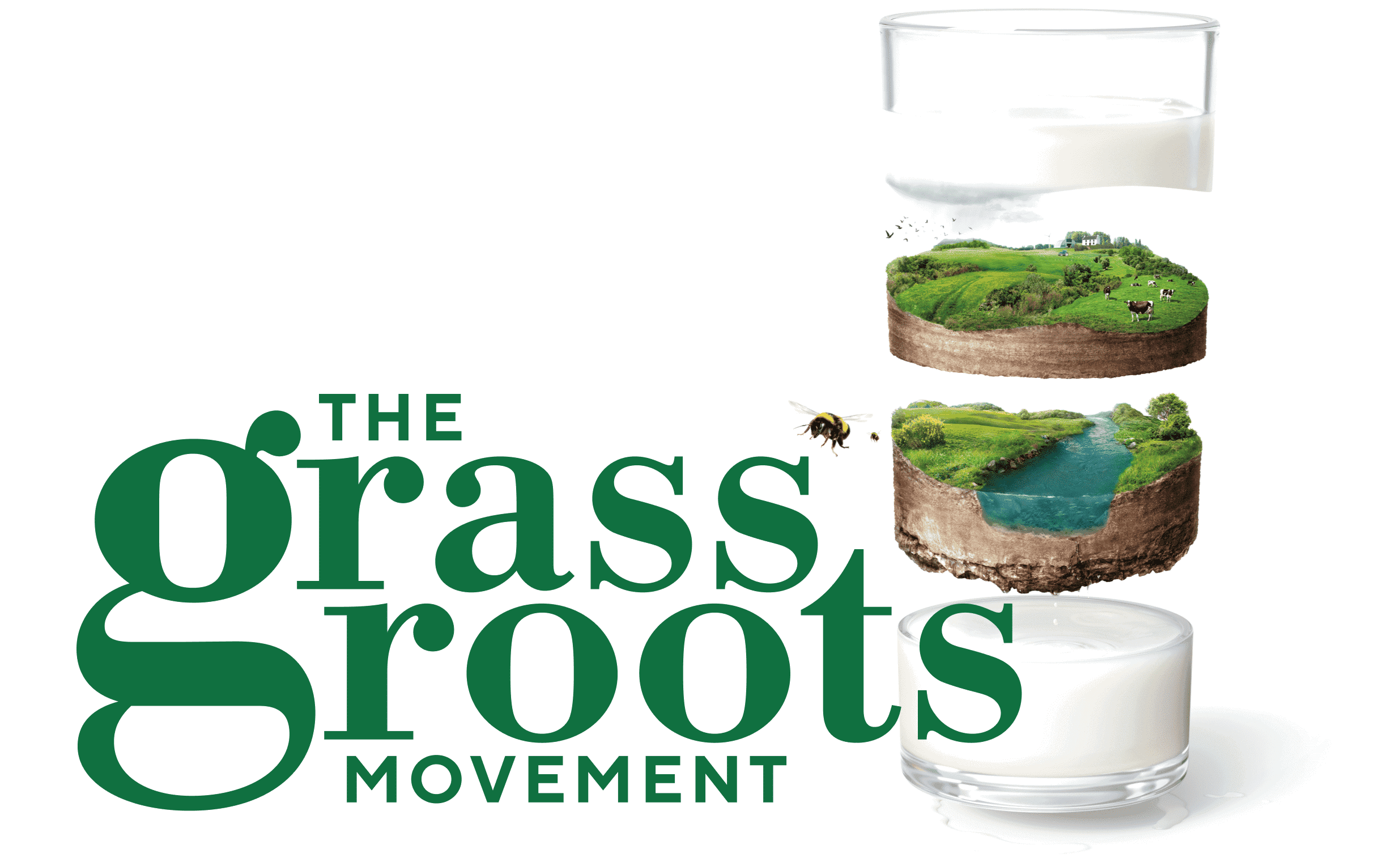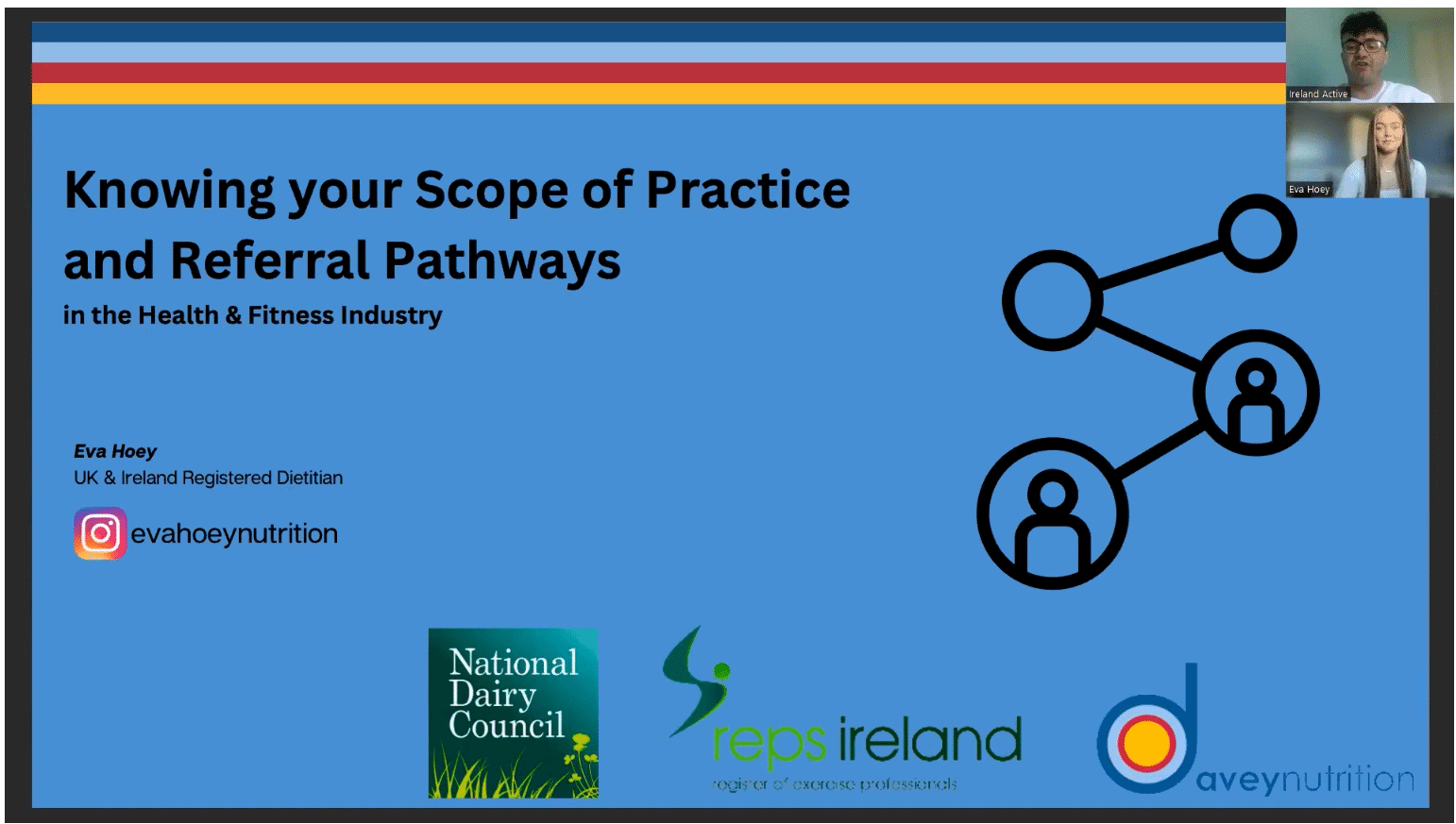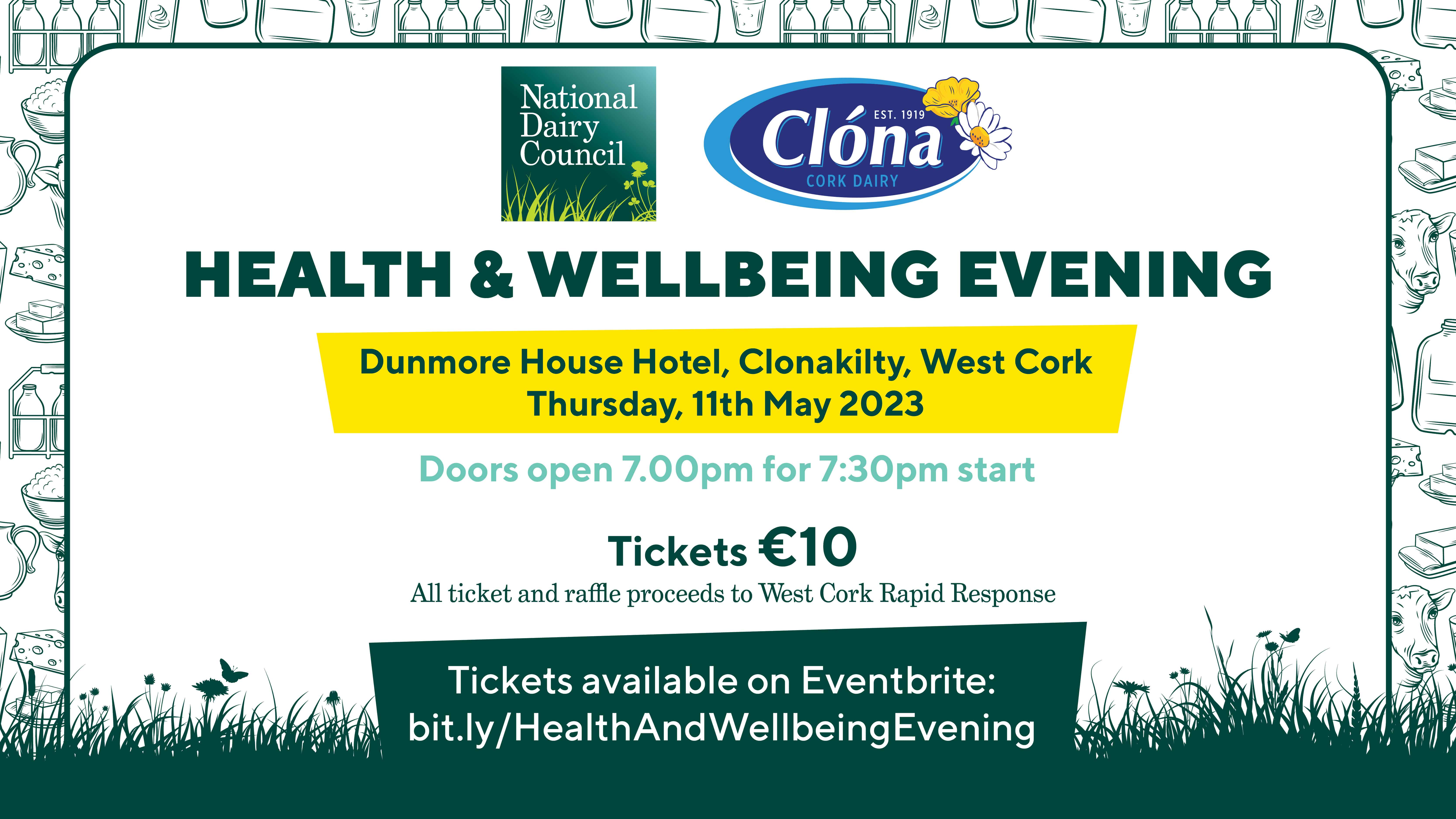National Dairy Council highlights shortfall in meeting Daily Recommendations
World Osteoporosis Day 20th October 2016
To mark World Osteoporosis Day on the 20th October, the National Dairy Council is calling on people to meet the recommended intake of three servings from the ‘milk, yogurt and cheese’ food group each day, as part of a balanced diet. The purpose of World Osteoporosis Day is to raise awareness about this debilitating, often silent condition. This year’s campaign calls on the general public to take early action to protect their bone and muscle health in order to enjoy a good quality of life and independence in the future.
Dr Miriam Casey, Consultant Physician at St. James’s Hospital with a special interest in Osteoporosis, explains that at present approximately 300,000 people in Ireland have Osteoporosis and that one in two women and one in five men over 50 years will develop a fracture in their lifetime. Dr. Casey, points out that diet is a great place to start in taking some control to reduce fracture risk, “Including good sources of calcium, protein and vitamin D as part of a balanced diet in combination with weight-bearing exercise can make an important contribution to bone health,” says Dr. Casey.
As a Clinical Investigator in the TUDA research study, Dr. Casey along with her colleague Dr. Kevin McCarroll, are exploring the links between diet and bone health in the Irish population. The TUDA study, which is led by Prof. Anne Molloy of Trinity College Dublin, has gathered a wealth of information that will help to decipher the role of nutrition across a range of age-related conditions. This all-Ireland study is one of the largest to-date examining nutrient intakes in older Irish adults, and provides evidence that daily intakes (in particular yogurt) contribute to the overall health of older people.
“It is essential however to set the foundations for bone health throughout life,” says Dr. Casey “Both diet and exercise play key roles in ensuring that children and adolescents reach maximum peak bone mass, that adults maintain bone mass and that older adults limit the extent of age related bone loss. This will help to sustain mobility and independence in later life.”
Five Tips for Healthy Bones
1. Exercise: Weight-bearing exercises are particularly important for bone health – these include activities where the weight of the body is supported by the feet and legs. Examples include skipping, running, tennis, dancing, aerobics and most team sports.
2. Nutrition: A balanced diet which provides adequate nutrients is essential for our bone and muscle health throughout our lives.
3. Refrain from Smoking: For overall health benefits
4. Talk to your GP: If you are concerned about your bone health, speak to your GP who can give you specific advice tailored to your individual concerns and needs.
5. Get Tested: Bone density scans, which are quick and painless, are the best way to determine bone mass and fracture risk
Dr Marianne Walsh, Nutritionist with the National Dairy Council says “Milk, yogurt and cheese are natural sources of calcium, protein and phosphorus. Calcium and protein are needed for the normal growth, development and maintenance of bone and muscle. The Department of Health’s guidelines recommend three servings from the ‘milk, yogurt and cheese’ food group each day. We know from national research that most Irish people are not reaching these recommended guidelines and therefore are encouraging people to include dairy across their diet to help boost their intake of bone friendly nutrients”.
Vitamin D is another key nutrient for our bones. It is known as ‘the sunshine vitamin’ as it is made by the action of sunlight on the skin. Vitamin D is also found in food but in small amounts and sources are limited. Food sources include oily fish (e.g. salmon, mackerel); egg (yolk); and dairy products fortified with vitamin D and some experts recommend a vitamin D supplement of 5 micrograms (μg) per day.
Editors Notes
The National Dairy Council encourages people to follow the guidelines of three servings of dairy per day as part of a health balanced diet, with examples including – 200ml Milk, 125ml Yogurt and 25g of Cheese.
For further information:
‘Nutrition & You; 50+ Years’, if a free booklet available at www.ndc.ie produced by the National Dairy Council (NDC) and endorsed by the Irish Nutrition & Dietetic Institute (INDI). It provides useful information on a range of topics such as bone and muscle health, keeping active and practical food choices.
